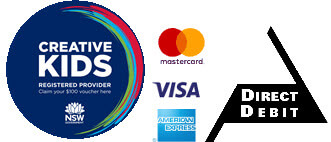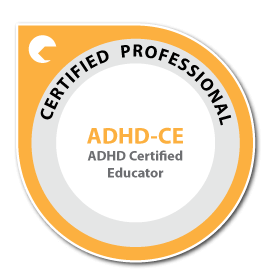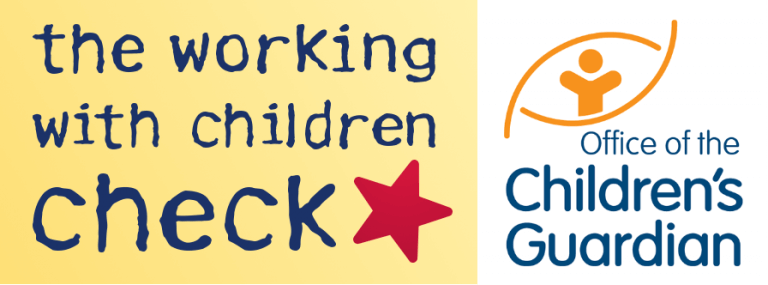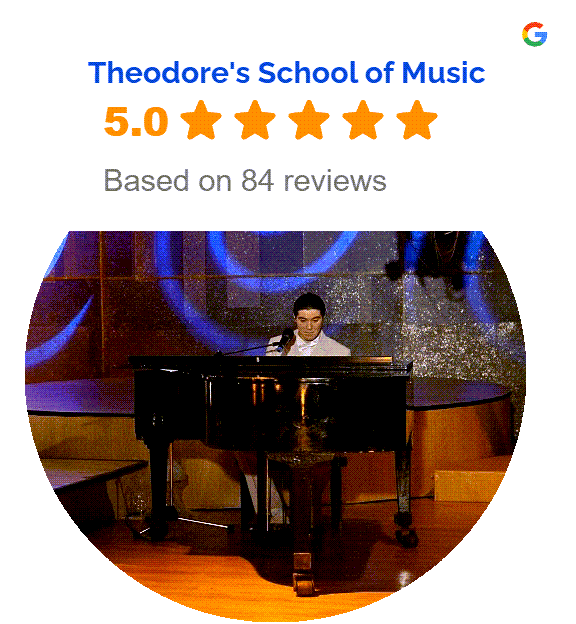What is the Accelerated Learning Through Music (ALTM) Program?
Our program provides unique one on one music tuition designed to:
- Set up a child with the best possible programming to excel in music later in life
- Enhance the child’s ability to learn languages, communicate, and be attentive to fine details
- Encourage independent thinking resulting in increased confidence
The skills learnt also translate to all other areas of learning due to the impact music (complex music) has on the brain and the child’s development.
The first 3 years of a child’s life is the most critical time for specific brain development. See Accelerated Learning for Babies, Toddlers, and Preschoolers for more information on the optimal ages for a child to develop brain mappings.
We set out to solve the challenges of group classes for toddlers aged 3 to 4.5 years of age who are much more independent and can progress at a faster rate than the group classes allow.
Given that at this young age, your child is a super-information-absorbing little person, it’s important that every hour you dedicate to educating your child is used productively.
Here is a summary of some of the things your child will learn and become confident with:
- Development of perfect pitch (ear training)
- Pitch Matching Games
- Basics of transposition of their known songs (using piano and singing)
- Exposure to scales and arpeggios
- Toddler music theory
- Melody Recognition – Exposure (piano) to complex versions of the music that they know (Wiggles, nursery rhymes, musical children movies)
What Does the Program Consist Of?
There are 4 program levels the child can progress through consisting of weekly 30 minute (or 45 min) lessons for 10 weeks.
Before starting the program, a Preliminary Lesson is taken to determine if your child is ready for one on one lessons. In this lesson, the child will be taken through a series of piano, pitch, and ear training exercises.
There are 4 program levels the child can progress through consisting of weekly 30 minute (or 45 min) lessons for 10 weeks.
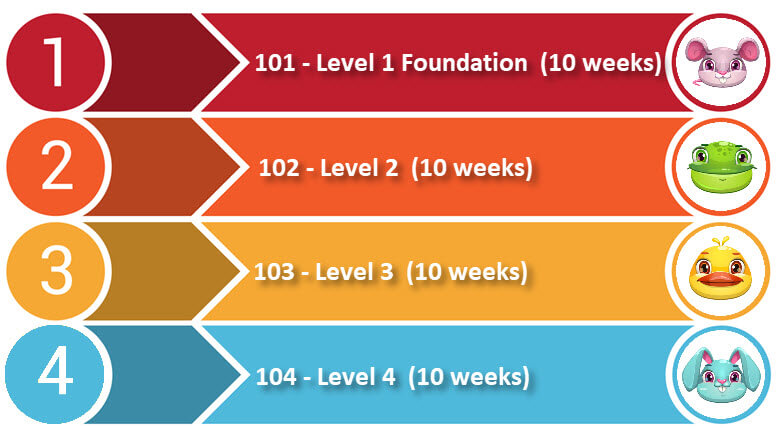
Each child starts at ALTM 101 – Level 1 Foundation, and has the option of progressing through the additional 3 levels.
How is this Program Different from Other Music Classes for Toddlers?
Group lessons are great to develop a child’s social skills and work in a team environment.
However we wanted to solve the challenges and constraints of teaching and learning in a group environment by:
- Providing a higher level of music that has much more complex arrangements that forces a child to think and try and find patterns in the music
- Prevent a child switching off mentally
- Create a strong feedback loop between the teacher and child
- Provide the child highly individualised attention
- Provide an environment where the child experiences up close, the live music played (in simple and complex form) of songs they already know
- Set up a strong musical foundation to develop perfect pitch
- Create an environment that is free from other toddler distraction
- Teach the child as fast as they can take in the information at their own pace and consolidate their skills, so they can start learning an instrument or other musical activity in the future
- Set up a benchmark in the child’s mind so when they listen to mainstream children music, it sounds simple and easier to pick up
- Promote independent learning and individual creativity
Is my Child too Young for One on One Lessons?
By the age of 3 (and sometimes even earlier) a child generally has the following skills to enable them to have one on one lessons:
- A child can start to control their voice
- Take directions/instruction
- Model an adult
- Remember skills they have learnt
- Remember songs and melodies
- Answer simple questions
- Start to understand the concept of counting (some children may already be counting)
- Identify common symbols, images, and pictures
- Have reasonable finger control
- Draw circles
- Have creativity to explore instruments and enjoy creating sound
- Helps to know the difference between the right and left hand
- Can count to 10
- Knows the letters A, B, C, D, E, F, and G of the alphabet (uppercase)

